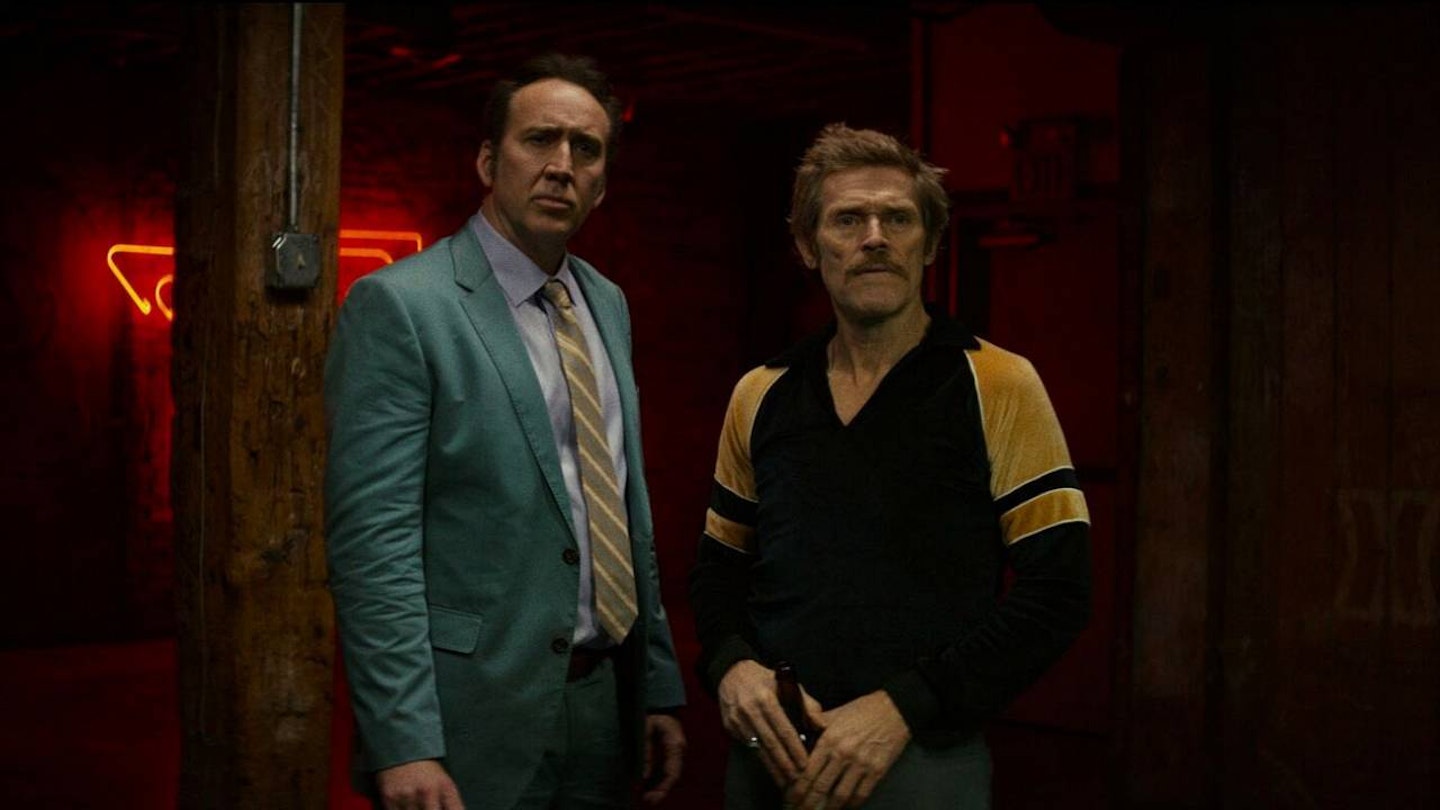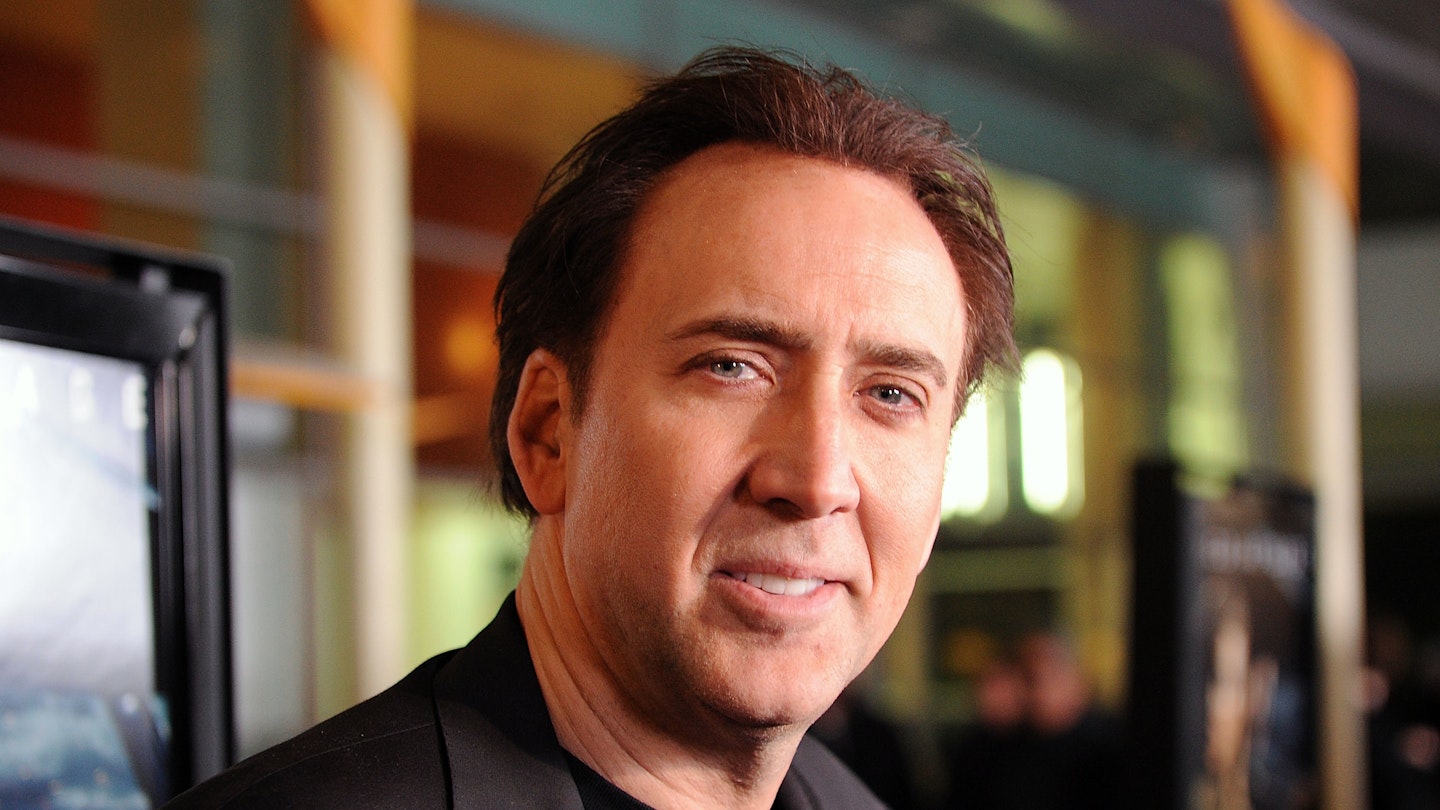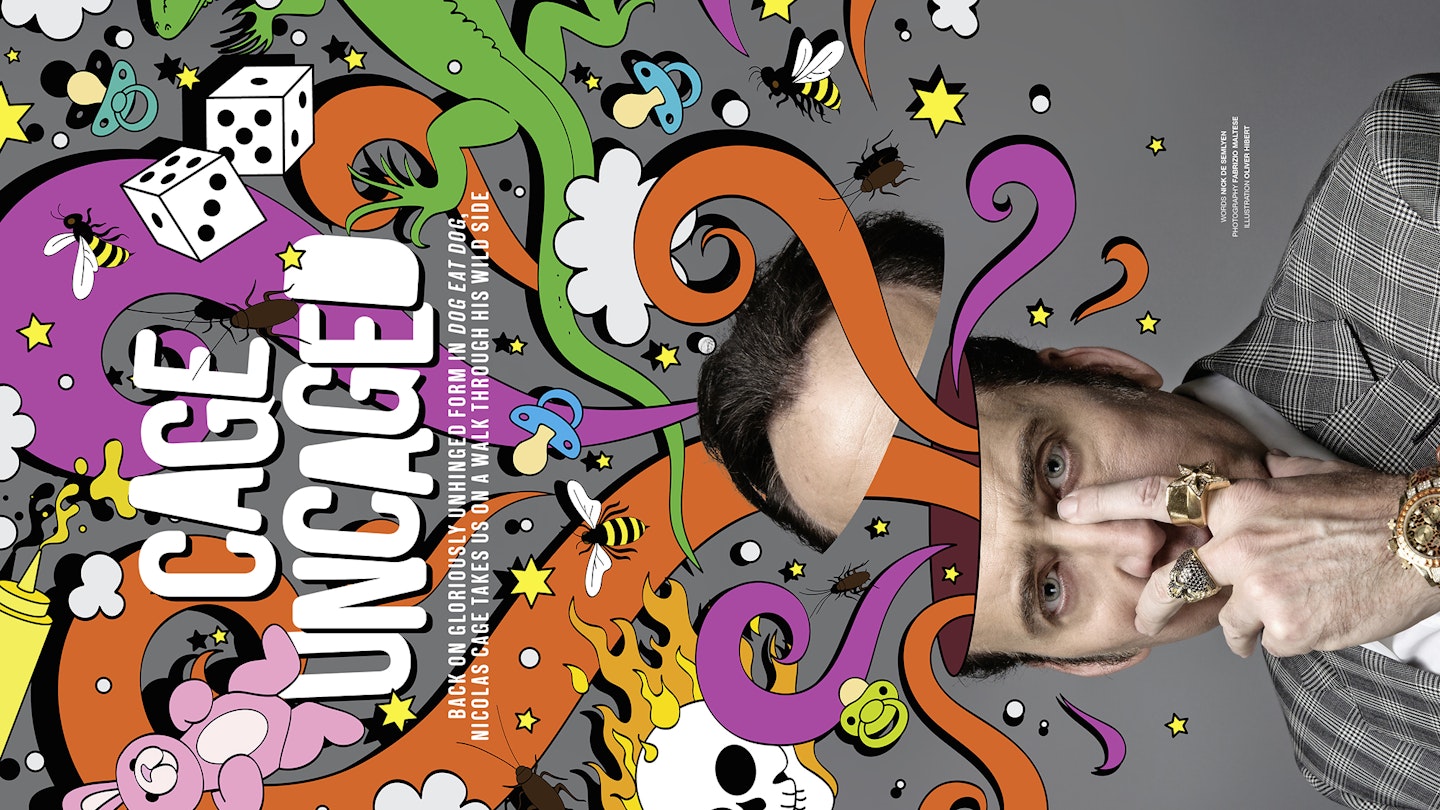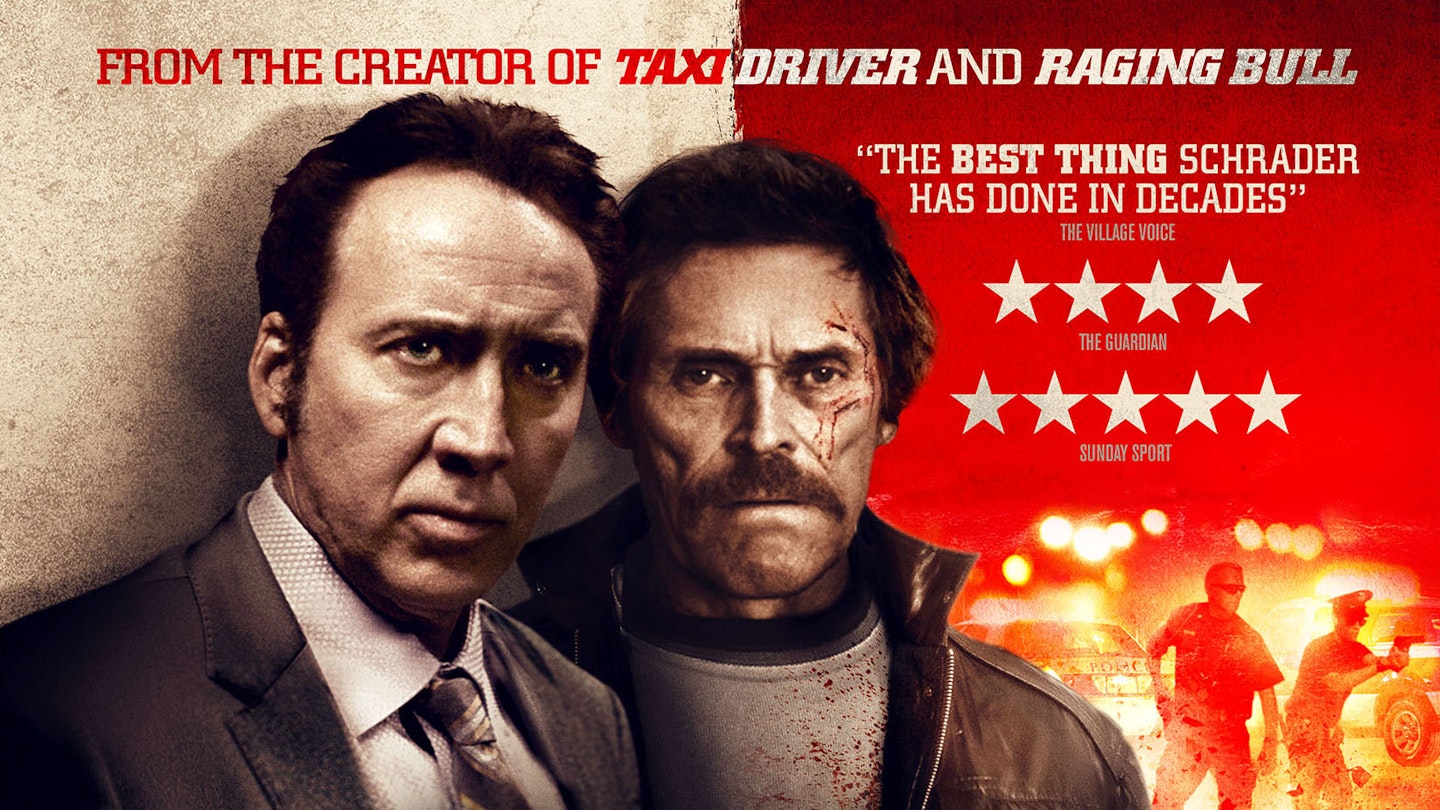You might think – might hope – that the man who wrote Taxi Driver and Raging Bull (and directed, amongst others, American Gigolo) would be okay for work for the rest of his days. But that hasn’t been the case for Paul Schrader. Since his Exorcist prequel was shelved then reshot by Renny Harlin 13 years ago he’s struggled, with this decade being particularly unkind to him. In 2013, there was The Canyons: the notoriously troubled Lindsay Lohan-starring LA noir funded via Kickstarter that was panned by critics. Then two years ago it got even worse. Dying Of The Light, which he wrote, initially had Nicolas Winding Refn and Harrison Ford attached (the former leaving to make Drive). Schrader ended up directing it himself, but the studio reedited his cut into incoherence and he had another critical and commercial catastrophe on his hands.

So there’s a lot riding on his latest, which reunites him with loyal collaborator Willem Defoe (appearing in his seventh Schrader film) and Dying Of The Light’s star Nicolas Cage. Dafoe’s Mad Dog sets the gruesome, ugly tone in the very first scene: slitting his girl’s throat and then shooting her in the head, all to a jaunty soundtrack of “woo-hoo/woo-hoo-hoos”. These “woo-hoo/woo-hoo-hoos”, of course, will be familiar from Kill Bill: Vol. 1 – even though it’s the 1958 Rock-A-Teens original here – and are far from Dog Eat Dog’s only blatant whiff of Tarantino. The film is even based on the novel by reformed armed robber Edward Bunker, better known as Reservoir Dogs’ Mr Blue.
Highly watchable and more than the sum of its deeply familiar parts.
His unhinged, psychotic personality established, Mad Dog sniffs a bump of heroin, packs up a suitcase full of guns, says the N-word and heads off to meet just-got-out prison buddies Troy (Cage) and Diesel (Cook). Not surprisingly, their reunion takes place in an ultra-sleazy small-town strip club, and ends in a brawl. Even less surprisingly, the trio conclude that going straight is not for them, so set about embarking on a fairly simple-seeming “last job” – kidnapping the baby of a crime lord’s rival – that will set them all up for life. All their plan really sets up, though, is an hour of the sort of bad-guys-doing-bad-things routine that often feels very two decades ago and thus not shocking in the slightest. There are unnecessary extra murders down solely to psychotic temperaments. There are bodies hurriedly disposed of. There are sadistic cops. There are arguments in the back of stolen cars as to what to do on stakeouts, and lots of dialogue littered with clumsy-rather-than-clever contemporary references (Beyoncé and Taylor Swift get mentioned, as do “those Wall Street guys”).
But somehow it still works. Cage is more dialled back than usual, but is all the better for it: every glance conveying the desperation of a man who doesn’t want to be doing what he’s doing, but knows nothing else. And with some energetic switches from black-and-white to dimly lit rooms to lurid colour (particularly in the case of Cage’s turquoise suit), Dog Eat Dog ends up being highly watchable and more than the sum of its deeply familiar parts. It’s no masterpiece. But it should be enough to get Schrader back in the conversation.
.jpg?ar=16%3A9&fit=crop&crop=top&auto=format&w=1440&q=80)



